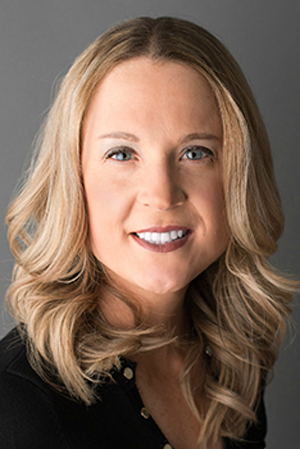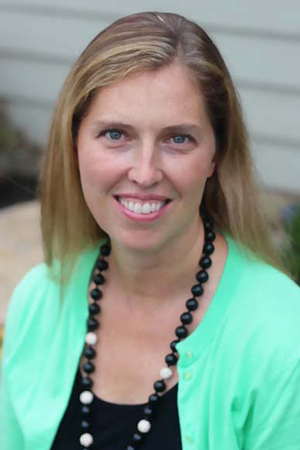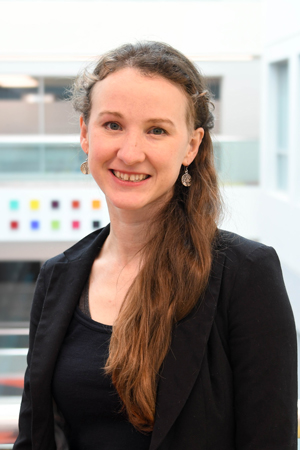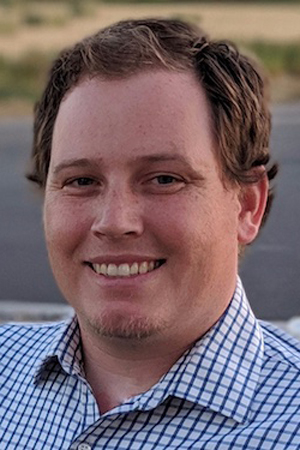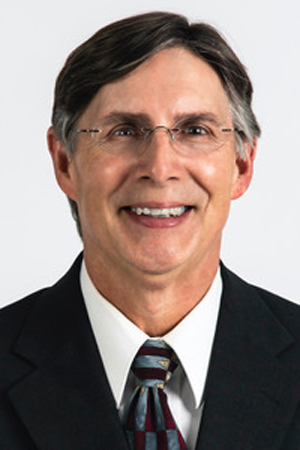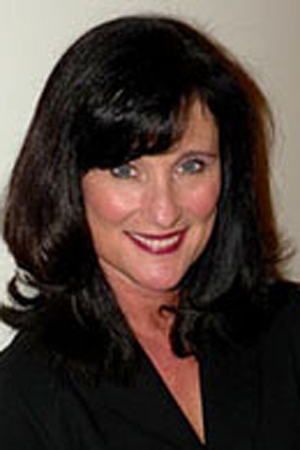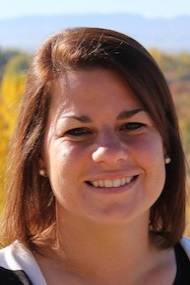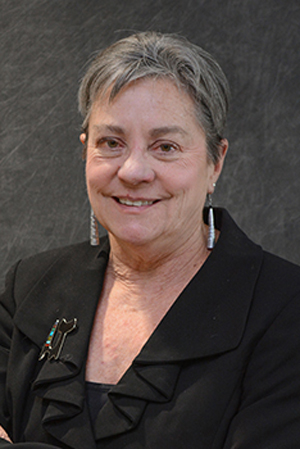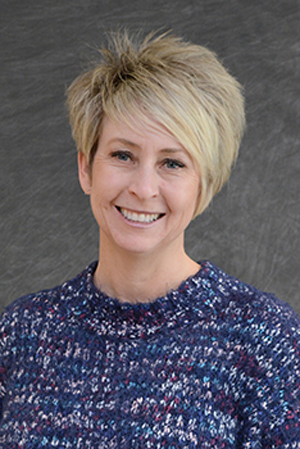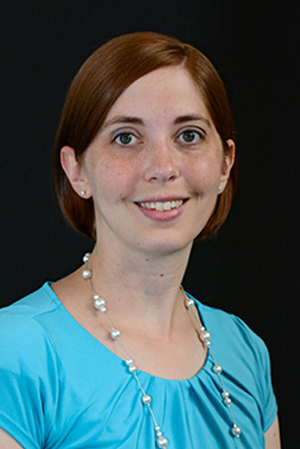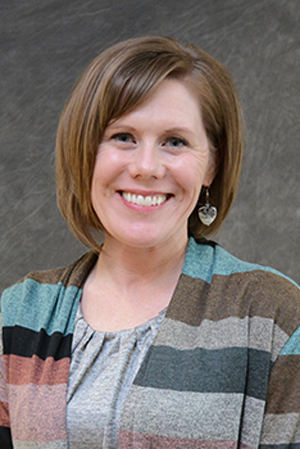
The master's of science and master's of arts (MA, MS) residential and distance education programs in speech-language pathology at Utah State University is accredited by the Council on Academic Accreditation in Audiology and Speech-Language Pathology of the American Speech-Language-Hearing Association, 2200 Research Boulevard, #310, Rockville, MD 20850, 800-498-2071 or 301-296-5700.
Research in Speech-Language Pathology
Child Language Lab
Dr. Sandi Gillam
Dr. Sandi Gillam's research in this lab focuses on the development of assessment tools and intervention approaches for improving cognitive, social and academic performance of individuals with language and learning problems. Students working in this lab use language sampling and coding techniques, administer and score standardized and criterion referenced assessments and investigate methods for measuring and improving discourse-level language. Learn more about the Child Language Lab.
Human Interaction Lab
Dr. Stephanie Borrie
Human interaction requires communication partners to produce and perceive speech and to coordinate these behaviors to succeed. What happens when the ability to produce or perceive speech is impaired? And how does this disrupt the collaborative process of communication? In Dr. Stephanie Borrie's research lab, we investigate speech communication as a dynamic activity involving both speaker and listener. Learn more about the Human Interaction Lab.
Language and Aphasia NeuroRehabilitation Lab
Dr. Lisa Milman
Dr. Lisa Milman's research in the Language and Aphasia Neuro-Rehabilitation (LANR) Lab focuses on integrative approaches to the assessment and treatment of neurogenic communication disorders in adults. A variety of behavioral and computational approaches are applied, including classic lesion studies, mathematical models, and neuro-rehabilitation paradigms.
Motor Speech Lab
Dr. Annalise Fletcher
For individuals with neurological impairments or diseases (e.g. stroke or Parkinson’s disease), the ability to produce intelligible speech can be significantly affected. Dr. Annalise Fletcher's Motor Speech Lab, we examine speech production changes that occur due to difficulties with the control and execution of muscle movements. Our work explores measurements of the acoustic speech signal, listener responses to disordered speech, and speaker strategies for producing clear speech patterns.
School-Age Language Research Lab
Dr. Teresa Ukrainetz
The School-age Language Intervention Lab is headed by Dr. Teresa Ukrainetz. Over the years, Dr. Ukrainetz has investigated norm-referenced tests, dynamic assessment, phonemic awareness intervention, narrative development and intervention, and the role of the school SLP. Dr. Ukrainetz uses varied methods of investigation, including group experimental, single-case experimental, descriptive and qualitative designs – but almost always conducted within the busy life of schools.




